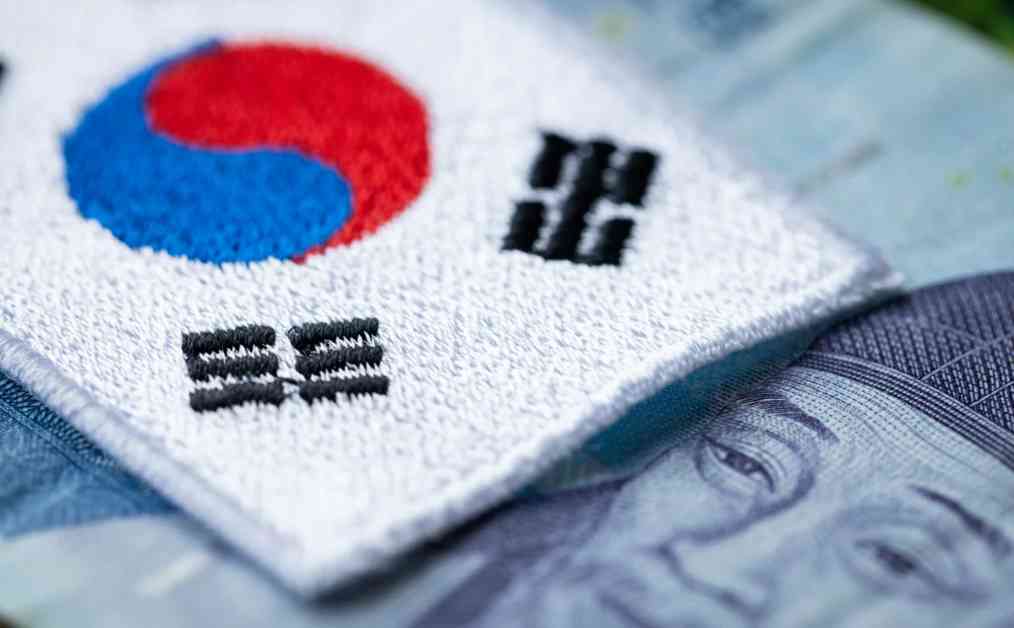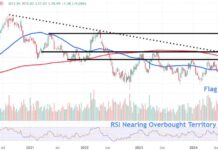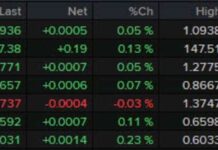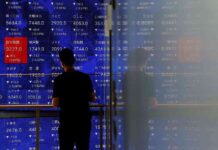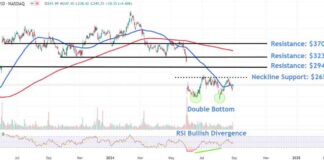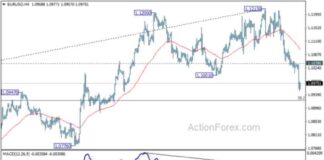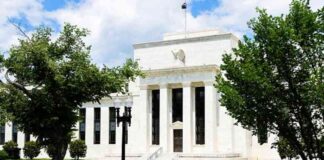South Korea’s FX Reforms Thrive Amid Political Crisis: Dealers’ Perspective
Foreign exchange activity in the aftermath of South Korea’s recent political crisis has shed light on the effectiveness of the country’s ongoing reforms to bolster the deliverable Korean won market. Dealers in the financial sector have noted a positive shift away from the offshore non-deliverable forward (NDF) market towards onshore trading, signaling early signs of progress.
The political turmoil in South Korea, triggered by President Yoon Suk Yeol’s unexpected move to impose martial law, sent the Korean won plummeting to unprecedented lows against the US dollar in the past month. This unprecedented situation presented a critical test for the reforms put in place to enhance the deliverable KRW market and reduce reliance on offshore trading avenues.
Witness Accounts: Dealers on the Ground
According to dealers closely monitoring the foreign exchange landscape in South Korea, the recent fluctuations in currency values have offered a real-time assessment of the impact of the ongoing reforms. The shift towards onshore trading platforms has been particularly notable, with traders and investors showing increased interest in participating in the deliverable KRW market.
Expert Commentary: Analyzing the Trends
Experts in the financial sector have pointed out that the current political crisis in South Korea has served as a catalyst for driving change in the foreign exchange arena. The volatility in the currency markets has prompted a reevaluation of trading strategies, with a growing emphasis on strengthening onshore trading capabilities and reducing exposure to offshore risks.
Relevant Context: Background on FX Reforms
The reforms aimed at boosting the deliverable Korean won market have been a focal point for policymakers in South Korea in recent years. The shift towards onshore trading is seen as a strategic move to enhance market stability, improve transparency, and mitigate risks associated with offshore trading activities.
Future Outlook: Navigating Uncertain Waters
As South Korea continues to grapple with political uncertainty and economic challenges, the resilience of the FX market will be crucial in maintaining stability and fostering investor confidence. The ongoing reforms and the evolving dynamics of the foreign exchange landscape will play a pivotal role in shaping the country’s financial future.
In conclusion, the recent developments in South Korea’s FX market amidst the political crisis underscore the importance of adaptability and reform in the face of adversity. By embracing change and prioritizing onshore trading initiatives, the country is taking proactive steps towards building a more robust and sustainable financial ecosystem.
